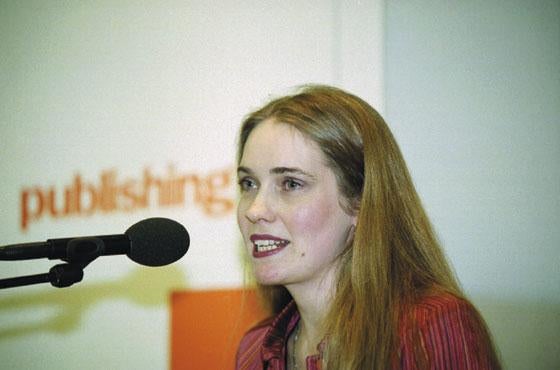
AN INDEPENDENT report recently issued by the Higher Education Funding Council for England is warning both students and employers to be sceptical about what they read in the press about ‘good’and ‘bad’universities.
Whereas public sector institutions such as hospitals, the police and schools fall under State-directed league table scrutiny, it is the media that carries the Olympic torch when it comes to rating, praising and slating the country’s universities.
HEFCE’s chief executive Prof David Eastwood prefaces the report by describing the annual league tables published by the likes of The Sunday Times, Times and Guardian, and Times Higher Education as ‘part of the higher education landscape and the newspaper calendar”.
But much of what remains in the 63-page document may not make for comfortable reading in editorial offices, because the team of senior academics, university managers and consultants have concluded that newspapers are using flawed, unscientific and questionable methods when collecting, analysing and presenting the data.
HEFCE’s research team claims to have detected bias on the part of publishers towards traditional Oxbridge-style colleges, following ‘frank’discussions with compilers who were hired to gather information for newspapers.
The report also questions the scientific and statistical basis of some of the league table results, of ‘goal posts’being moved, and of dilemmas for universities wanting to improve their league table ratings at the same time as recruiting students from disadvantaged backgrounds.
The team concluded that the annual newspaper surveys tend to ‘confirm institutional reputation, rather than provide overall robust, valid or reliable summations of performance or quality”.
The HEFCE report is particularly topical for journalists, given that the National Council for the Training of Journalists is pressing ahead with plans to establish a new ratings system of accredited media courses.
As reported in Press Gazette (11 April), approved centres stand to be either praised or shamed by the NCTJ as part of a ‘transparency’drive, initially based around exam results. Is this a more responsible and reliable approach? Conversely, what will happen to the staff and students on courses languishing at the bottom of the list?
NCTJ chief executive Joanne Butcher said: ‘Students are entitled to make an informed choice about the dozens of journalism courses on offer, and so we are increasing the amount of information available to help them with their selection.
‘League tables usually court controversy, and to be informative they need to be as true a measure of performance as possible, comparing like-with-like assessments and courses. That’s why we are starting with NCTJ exam results and why we are striving to involve our centres in the process and taking great care to verify the data to be published. Whatever the reputation of a course might be, if you sit an NCTJ exam it will be set and assessed independently to a national standard.
‘As well as providing greater transparency, we hope publication of results and identification of the top-performing courses and students will serve as an inspiration to others to achieve excellence.”
Broadcast Journalism Training Council secretary Jim Latham says: ‘My experience of the employers on our council is that they’re a good deal more hard-headed about recruitment than relying on league tables – they’ve all been out on inspection visits and know a lot more about the practicalities of journalism training.
‘The aims and objectives of courses are almost all different, even though we apply a standard set of guidelines with which to judge them. How does a long-running course with a big reputation, but no recent update of equipment or facilities, measure against a newer course which has spent millions on a new media centre?”
Professor Chris Frost, head of journalism at Liverpool John Moores, says: ‘I don’t think league tables are of any use to employers at all. An editor might find after a while that they are regularly employing students from an institution that had not previously been well-thought of, perhaps to the detriment of students from another that had previously been considered unbeatable.
‘I am concerned that an NCTJ-style league table could place too much reliance on criteria that favour traditional training, rather than the broader education offered by the best universities, and ignore many of the good things higher education has to offer.
‘Changing places in league tables can be very hard, and I don’t think changing places in one solely for journalism would be any easier. Even criteria such as job ‘take up’ does not necessarily give a real indication of the quality of education given.”
The HEFCE-commissioned report is available online at www.hefce.ac.uk/pubs/hefce/2008/08_14/08_14.pdf
Email pged@pressgazette.co.uk to point out mistakes, provide story tips or send in a letter for publication on our "Letters Page" blog







